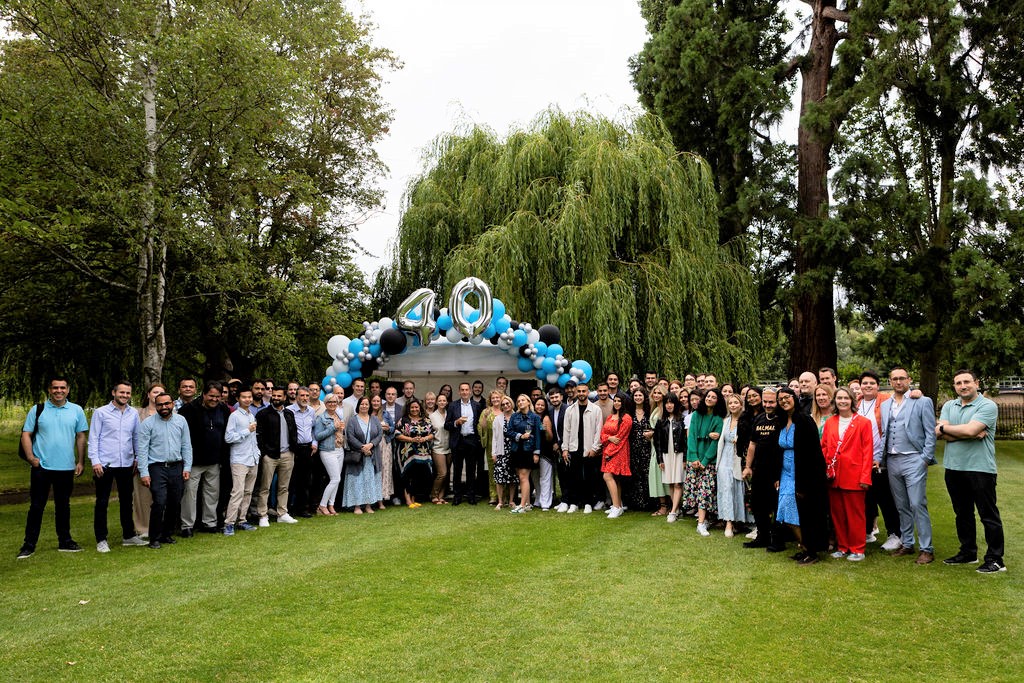Copyright law and financial impact are just as critical as physical evidence
By Steven Hawley, Managing Director, Piracy Monitor
The Federation Against Copyright Theft (FACT) have been integral to the anti-piracy scene since 1983 when it was created by the Hollywood studios to protect the interests of the media and entertainment industry to enforce the rights of creators in the face of copyright infringement through counterfeiting. As streaming emerged, FACT also developed partnerships with major broadcasters, pay TV operators and sports leagues to help combat online piracy.

“In 2010, we secured the first-ever conviction for camcording in a movie theatre,” said FACT CEO Kieron Sharp in an interview with Piracy Monitor. In 2011 FACT supported the first Web site blocking case in the UK, against the indexing website Newzbin.
“And in 2015, a FACT investigation led to the first UK prosecution of an online group that was distributing illegal copies of films while they were still in theatrical release,” he said. Add to those the first prosecution of a supplier of illicit streaming devices, in 2016. These are just a few of many firsts by FACT, which have contributed over time in establishing successful models in the fight against piracy.
Change in direction
In 2016, the Motion Picture Association separated from FACT, which turned the latter’s focus to protecting broadcast, pay-per-view programming and sports rights, and FACT strengthened its partnerships with the Premier League, Sky, BT Sport, Virgin Media, and other rights holders to tackle the illegal streaming of broadcast content. “Once you have access to broadcast on a Fire stick, you have access to everything,” said Mr. Sharp. “And conversely, if you close access to sports in a streaming service, you can close access to everything. So individual successes give you leverage.”
The basic question
“What can we do to find egregious violators, get them punished, and make criminal enterprises go in a different direction?” asked Mr Sharp. The answer is constantly evolving, as the most effective methods of doing so must be adjusted to meet the ever-changing threats. “There is no one formula to success,” he said. “We’re constantly re-evaluating whether going after any given threat is an effective use of our time.”
Organizational focus
FACT stands out in four areas: intelligence, digital forensics, prosecutorial expertise and reputation. FACT’s dedicated in-house intelligence organization is similar to that of the UK policing intelligence infrastructure, with an investigative staff that surveys what to look for. FACT also runs a lab where technical experts examine computers which are seized by police in raids.
Investigations take time, but when police organizations identify a group of criminals distributing stolen works on the internet, they know that FACT not only helps investigate but also facilitates collaboration between law enforcement and industry, making a significant impact on combating this criminality. When FACT sees a case that rises to evidentiary standards, they act quickly. “Everyone knows what they’re going to get from FACT,” said Mr. Sharp.
A big case that became a model
One of FACT’s biggest cases was the prosecution of Scopelight, a business entity that ran a piracy site called SurfTheChannel.com, and its operator Anton Vickerman ;who uploaded copyrighted materials to two servers and made money through advertising. When FACT became involved, the site was getting nearly a half million visitors per day and was generating £300,000 annually.
“It was a big fight that went on for a long time before it went to trial, and everything that FACT did against Scopelight was challenged by the pirates in court,” said Sharp. “The defendants even sued to get their seized computer equipment back from the police, but ultimately lost.”
The Vickerman case raised a fundamental question: In this new (at the time) world of downloading and streaming over the Internet, how could FACT apply the UK’s Copyright, Designs and Patents Act of 1988? Nothing was physical so it was hard to show a jury what it was. Police had initially thought not to prosecute the case at all, and FACT ended up bringing the case as a private criminal prosecution.
Precedent set
At the end of Vickerman in 2012, the defendant was found guilty of facilitating copyright infringement after two months of trial. The outcome created case law that became a key model going forward. FACT needed to convince a jury that serious organized criminal activity was taking place which was purely for financial gain and that this activity was defrauding legitimate content creators and owners. “Eleven or twelve other cases sitting with the Crown Prosecution Service were held up for the outcome of this case,” said Mr. Sharp. “And its legacy continues today: FACT recently helped in a New Zealand case based on the work in Vickerman, to show the criminality of online piracy.”
Future challenges and opportunities
When asked what lies ahead for this area, Mr. Sharp said “I’m asked that a lot, and sometimes I’m completely wrong! Take streaming, for example. Nobody anticipated it.” By extension, there are things – unimagined at present – that will continue to advance content consumption, and accordingly, criminal techniques will evolve. “Naturally the legal side of the business will move more slowly,” he said. “Regardless, I know we have to remain in constant motion to stay abreast, let alone ahead, of the pack.”.
The beat goes on
FACT has continued its string of successes, and in 2019, supported the prosecution of Dreambox. Earlier in 2023, FACT was also part of the investigation of Flawless, one of the world’s largest-ever prosecutions of an illegal streaming network, which resulted in combined prison sentences of 30 years for the individual offenders.
Closing thoughts
“The basic premise for those who develop and monetize their own content – whether they are small or large – is that it’s really important to consider how to protect it,” said Mr Sharp. “For content owners that want to stop, prevent, and deter people from stealing, he continued that content owners and rights-holders must be relentless. It’s not just a one-off.”
“There are no tick-boxes that say ‘Okay, now we’ve done that so we can move on.’ You have to keep doing it. One tactic is not enough,” he said.













